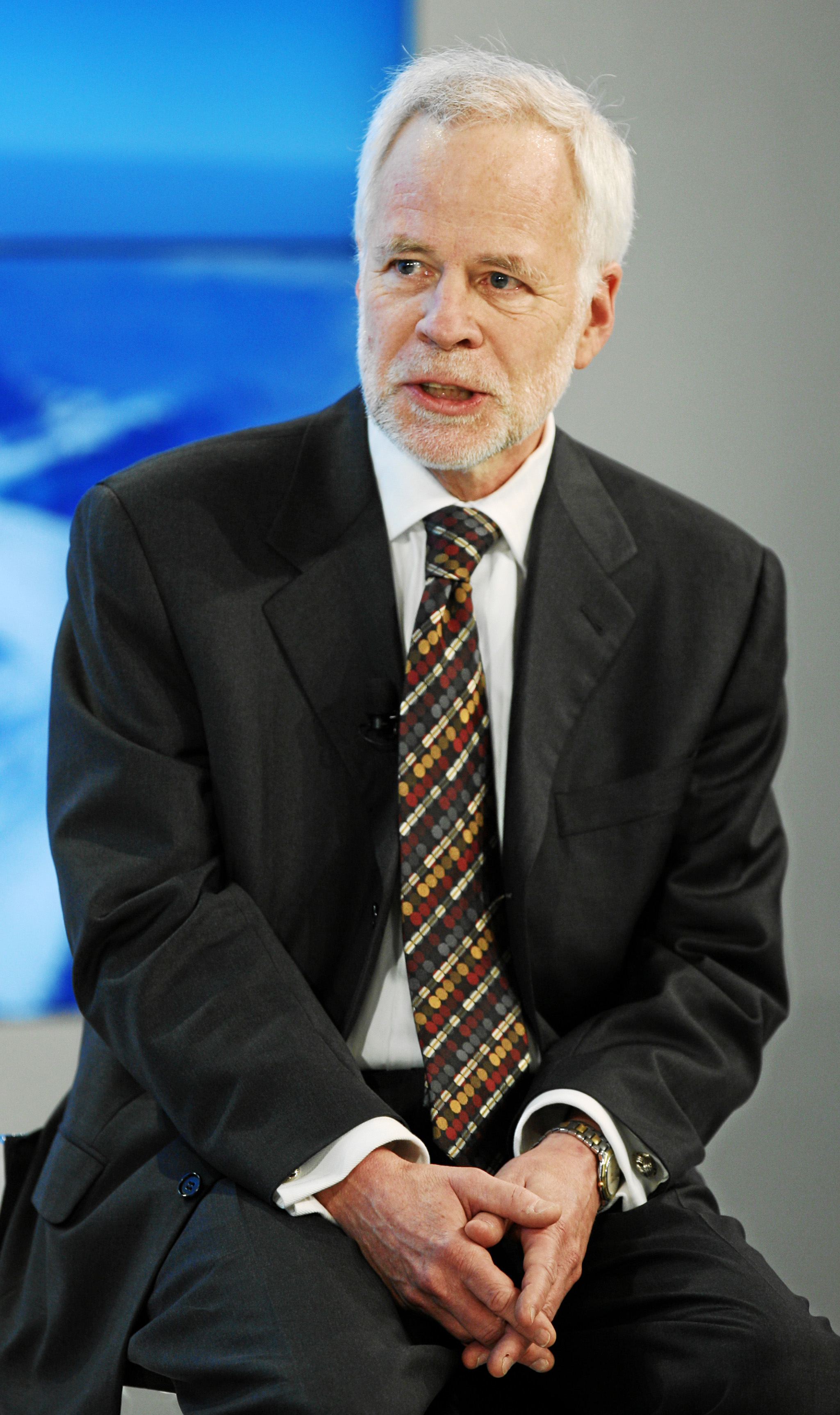The fund has been too soft-spoken for too long on all major issues. ... The momentum (for change) is building.

"Barry Eichengreen" (born 1952) is an American economist who holds the title of George C. Pardee and Helen N. Pardee Professor of Economics and Political Science at the University of California, Berkeley, where he has taught since 1987. Eichengreen's mother is Lucille Eichengreen, a Holocaust survivor and author.
He has done research and published widely on the history and current operation of the international monetary and financial system. He received his BA from UC Santa Cruz and his Doctor of Philosophy/Ph.D. from Yale University in 1979. He was a senior policy advisor to the International Monetary Fund in 1997 and 1998, although he has since been critical of the IMF.
His best known work is the book Golden Fetters: The Gold Standard and the Great Depression, 1919–1939, Oxford University Press, 1992. In his own book on the Great Depression, Ben Bernanke summarized Eichengreen's thesis as follows:
The main evidence Eichengreen adduces in support of this view is the fact that countries that abandoned the gold standard earlier saw their economies recover more quickly.
More Barry Eichengreen on Wikipedia.European financial markets were able to navigate problems of 9/11 and the Madrid and London bombings without too much instability, because they didn't have the extra layer of exchange-rate problems.
The dollar has to fall not only against China but against the whole trade-weighted basket.
More pressure on China is inevitable. Without further adjustment by the Chinese, the global imbalances will worsen.
Copyright © 2024 Electric Goat Media. All Rights Reserved.